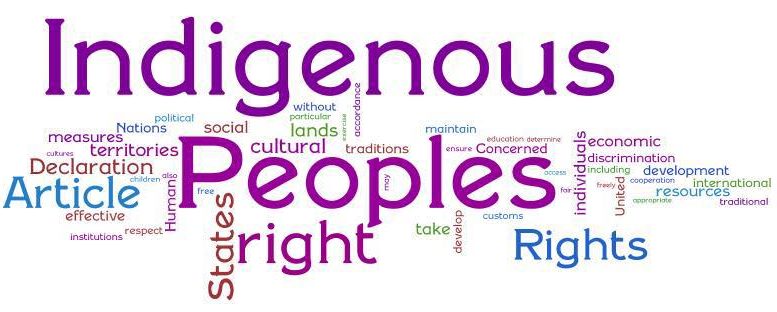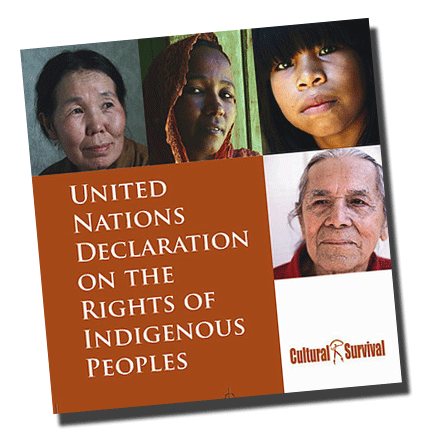((Xʷməθkʷəy̓əm (Musqueam), Sḵwx̱wú7mesh (Squamish) and səl̓ilwətaʔɬ/sel̓ílwitulh (Tsleil-Waututh)/Vancouver, B.C., BC – Jan. 16, 2020) – The First Nations Leadership Council (FNLC) is growing increasingly alarmed that violence may erupt between the RCMP and First Nations who are peacefully protesting the TransCanada Coastal GasLink project. RCMP are gathering personnel and equipment and implementing isolation protocols on the Morice West Forest Service Road near Houston, BC, as they did last year before they raided the Unist’ot’en camp.
While the pipeline has been approved by both the B.C. and federal governments, it has come under severe criticism from Amnesty International, B.C.’s Human Rights Commission and the UN Committee for the Elimination of Racial Discrimination, who all affirm that First Nations affected by the pipeline should give free, prior and informed consent before it can proceed. Consent can never be obtained by force or imprisonment as it contradicts the position of “freely” given approvals.
Regional Chief Terry Teegee stated, “The BCAFN is very concerned that the RCMP continue to assume jurisdiction for policing in unceded First Nations territories. While we are in the early days of Bill 41 and the implementation of the UN Declaration on the Rights of Indigenous Peoples in BC, it is imperative as we move forward that mutual consent be obtained. In this circumstance, it is not only BC or federal law that determines if consent is obtained here, but also, Wet’suwet’en law must be given due consideration. I strongly urge that all discretion be intelligent, reasonable and measured.”
FNS Task Group member Cheryl Casimer stated, “Bill 41 and the UN Declaration provide the framework necessary for the parties to work through the issues without RCMP interference. We urge the RCMP to refrain from the use of any unnecessary force on Wet’suwet’en peoples and others who have been peacefully protesting construction of the pipeline. We encourage respectful dialogue and open lines of communication among the RCMP and opponents of the pipeline who remain in the vicinity of the Unist’ot’en camp in unceded Wet’suwet’en territory and urge the RCMP to exercise extreme caution and diplomacy.”
Kukpi7 Judy Wilson, UBCIC Secretary-Treasurer stated “We continue to be worried about the safety and welfare of the Wet’suwet’en hereditary chiefs and land defenders who are facing the increasing risk of violence and intimidation from the RCMP for defending their Title and Rights. The Union of BC Indian Chiefs calls upon Canada and the Province to respect and acknowledge the proper Title and Rights Holders and, aligned with B.C.’s legislated commitment and the rule of law to implement the UN Declaration, allow them to exercise their right to access and make decisions regarding their unceded territories.”
Coastal GasLink started clearing land last year to make room for work camps along the 670-kilometre route from northeast B.C. to a West Coast terminal for exporting liquefied natural gas.. On Dec. 31, 2019 a B.C. Supreme Court judge extended an injunction against protesters, stating that construction of the natural gas pipeline has been obstructed by Wet’suwet’en blockades. Dark House, one of 13 Wet’suwet’en Nation hereditary house groups, issued an eviction notice to Coastal GasLink on Saturday and cancelled an agreement that had allowed movement by pipeline workers on the traditional territory.







Be the first to comment on "FNLC Calls for RCMP Restraint Toward Protesters of the TransCanada Coastal Gaslink Project"